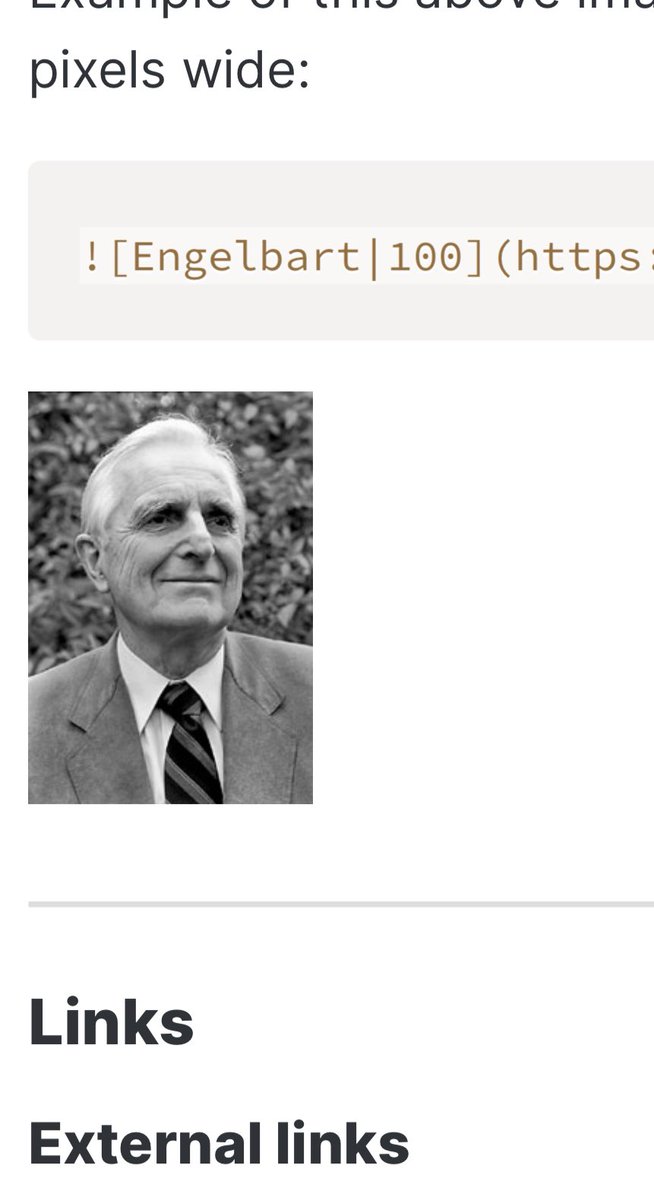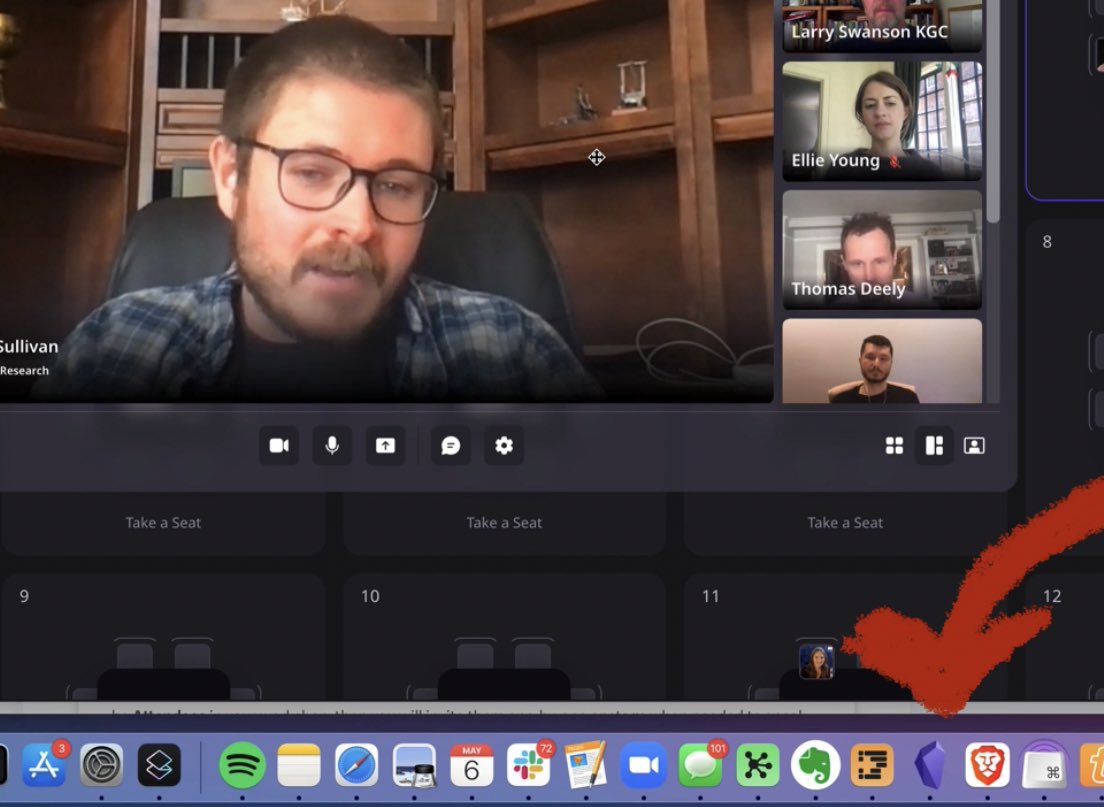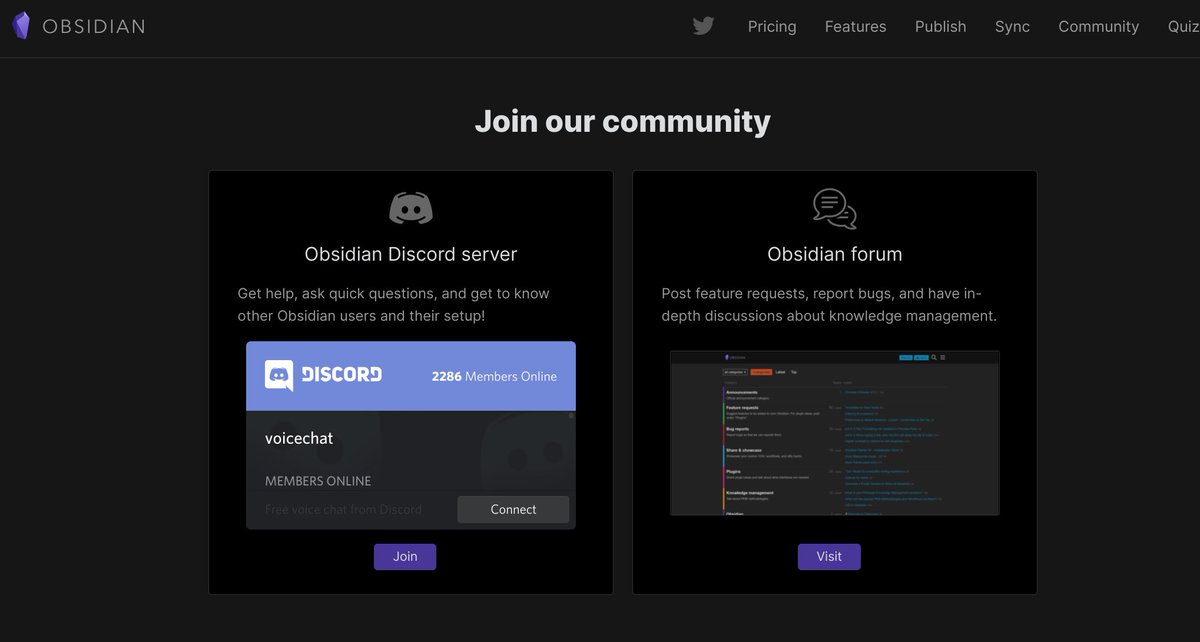
@conaw did an interview and posted it on loom about #roam, amongst other things. Interesting and promising thoughts. Worth listening to if you are a roam enthusiast.
loom.com/share/53eb0b93…
loom.com/share/53eb0b93…
Highlights (having gone through the Chris filter):
- Roam is an R&D company
- Asked about Roadmap - no roadmap (see first bullet to know why)
- Roam prizes allowing community develop solutions
- Channeling Doug Engelbart (if you have to have a role model - good choice)
- Roam is an R&D company
- Asked about Roadmap - no roadmap (see first bullet to know why)
- Roam prizes allowing community develop solutions
- Channeling Doug Engelbart (if you have to have a role model - good choice)

- Roam learns from community
- But mostly “build” for themselves
- RDF is a consensus, so not looking to lock-in to an approach, roam is map of your mind and minds are different (roammap?)
- Check out hyper graphs & hyperarchs (they have the schemas, need to figure out UX)
- But mostly “build” for themselves
- RDF is a consensus, so not looking to lock-in to an approach, roam is map of your mind and minds are different (roammap?)
- Check out hyper graphs & hyperarchs (they have the schemas, need to figure out UX)
Personal thoughts: really enjoy when Conor is so articulate & cogent. IMHO he has one of the best understandings of this space & likely has the most complete non-roadmap visions when compared to others. Really excited to see what hyper graphs/hyper archs looks like in the end.
When I signed up for Roam I made a mistake thinking it was a product. This interview confirms for me Roam is an R&D prototype, another iteration of iterations. Explains a lot of things.
So now we wait for next prototype or “v1”. I think what will come in a year or more likely two, will be exciting. More patience. I have 9.5 years left on my believer plan, so gives Roam some leeway for experimentation :-)
• • •
Missing some Tweet in this thread? You can try to
force a refresh







